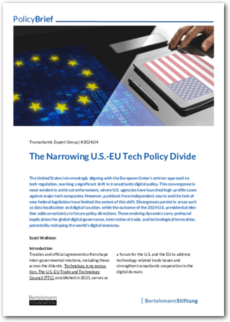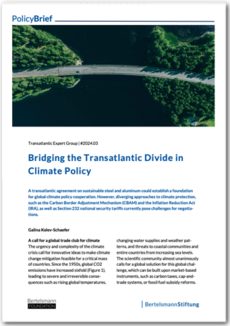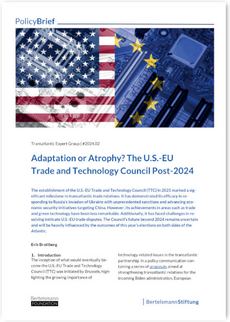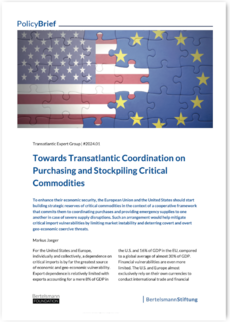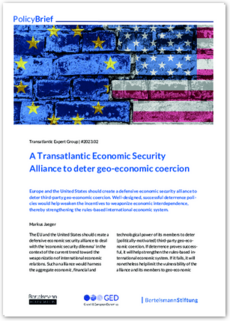Scott Wallsten argues that the U.S. is increasingly aligning with the EU's stricter approach to tech regulation, marking a significant shift in transatlantic digital policy. This convergence is most evident in antitrust enforcement, where U.S. agencies have launched high-profile cases against major tech companies.
However, pushback from independent courts and the lack of new federal legislation have limited the extent of this shift. Divergences persist in areas such as data localization and digital taxation, while the outcome of the 2024 U.S. presidential election adds uncertainty to future policy directions.
The author furthermore emphasizes the critical significance of domestic and regional tech policies formulated independently of international agreements that affect how economies and firms behave within and across borders. These evolving dynamics carry profound implications for global digital governance, international trade, and technological innovation, potentially reshaping the world's digital economy.
The policy brief is a publication of the Transatlantic Expert Group set up by the Bertelsmann Stiftung and the Bertelsmann Foundation in Washington, D.C.



